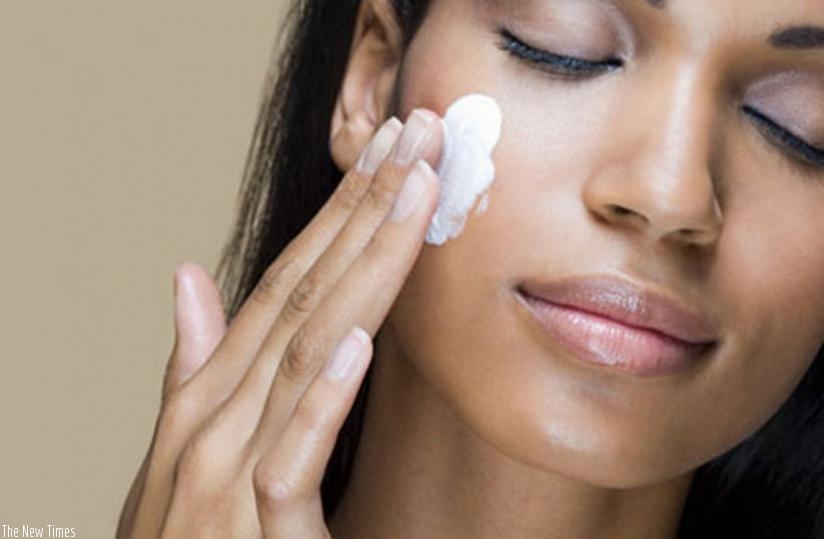Dear Doctor, My friend is mad about bleaching and has even reached an extent of using jik to wash her face. What dangers do these bleaching agents have on one’s skin? Can someone who has bleached regain their normal skin? Aline


Dear Doctor,
My friend is mad about bleaching and has even reached an extent of using jik to wash her face. What dangers do these bleaching agents have on one’s skin? Can someone who has bleached regain their normal skin?
Aline
Dear Aline,
Bleaching substances contain chemicals that reduce the melanin (pigment responsible for normal skin colour) concentration of skin, giving it a lighter colour. They may be used for lightning a mole or birth mark, lightning surrounding skin to match it with the depigmentation as in treatment of vitiligo. They are also used from preventing damage to skin due to exposure to strong sunlight. But in majority of cases, they are simply used to make the skin fair, i.e. create a lighter complexion and on the counter cosmetic products are used for this purpose. Bleaching creams are one of the largest selling cosmetics around the world, but studies show that long term use may be harmful.
Hydroquinone is one of the main chemicals used in skin lightening products. It has been banned in European Union due to fear of skin cancer over long term use, but is still used in developing Asian and African countries.
Moreover after long term use it can also lead to increased melanin production, giving a dark blotched look. It also causes premature aging due to making the skin dry and wrinkled. Continuous use over years can cause liver and kidney toxicity.
Corticoids are present in some bleaching creams which cause thinning of the skin after some time, giving a parched, wrinkled look. They also increase susceptibility to skin infection and can cause easy bruising. Products like jik contain sodium hypochlorite (formed by chemical reaction of caustic soda and chlorine). It has a corrosive effect on skin and can lead to ulcers and burns on skin. Chlorine can be inhaled (being in gas form at room temperature) and is toxic to lungs and can cause lung cancer. In women it has been linked to infertility, whereas in those pregnant it is related to birth defects, miscarriage. Reaction of this bleach with water can produce toxic substances like chloroform and carbon tetrachloride. These can lead to chronic headache, dizziness, damage to brain and nervous system. These are just few of the potential harms caused by jik. Using it as face wash is extremely risky
However, some substances like vitamin A, vitamin C and kojic acid, are known to cause skin lightening without harmful effects. Hence if one really needs to bleach their skin, the product should be bought with a medical prescription. Bleaching creams sold in the market may contain harmful toxic substances. Skin never regains its normal texture after use of bleaching agents for a long time. It gives a blotchy, parched appearance. Moreover how would a person look if the face has a lighter color skin as compared to limbs and rest of body, can be imagined.
Dr Rachna Pande is a specialist in internal medicine at Ruhengeri Hospital


